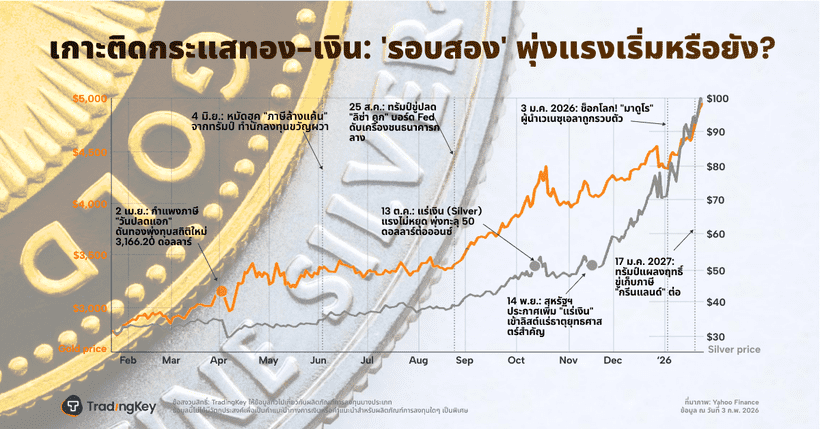US Nasdaq, Germany's Deutsche Boerse lead lobby against relaxed SEC crypto regulation

In a letter published on the SEC’s website and dated November 21, the World Federation of Exchanges (WFE), whose members include Nasdaq and Deutsche Boerse, stated that the regulator must avoid allowing crypto companies to “bypass regulatory principles that have safeguarded markets for decades.”
WFE chief executive Nandini Sukumar stated that exempting unregistered crypto firms would risk allowing products that look like equities to be offered without the protections that accompany real stock ownership.
The body representing exchanges voicing its concerns comes as the SEC considers whether to issue a form of “innovation exemption” that would allow crypto companies to offer blockchain-based tokens representing exposure to listed stocks, instruments that would be sold to US retail investors without the platforms registering as broker-dealers.
This proposal, which is supported by several crypto platforms, is being considered by SEC chair Paul Atkins, highlighting the agency’s recalibrated approach to digital assets under the Trump administration.
The tokenization debate divides traditional and crypto finance
This is not the first time the WFE has raised concerns about tokenized equities. In August, it wrote to regulators in the U.S., Europe, and Asia, urging a crackdown on unlicensed platforms offering tokenized stocks, warning of investor-protection issues and reputational risks for listed companies whose names are used without consent. It went further to ask that regulators apply the same rules used on securities to tokenized assets.
Despite the body’s concerns, interest in tokenization continues to grow across the financial sector. Large banks, asset managers, and trading venues have begun exploring blockchain-based settlement and token-form assets as part of efforts to modernize financial infrastructure.
The trend has gained more traction this year as crypto-native platforms seek direct access to the US equities market, while traditional exchanges experiment with on-chain settlement models.
Nasdaq’s push for regulated tokenized securities.
Nasdaq, one of the WFE’s most prominent members, has simultaneously been pushing for a regulated path toward tokenization. In September, it submitted a formal rule-change proposal that would allow the exchange to list and trade stocks in tokenized form, assigning the digital instruments the same regulatory treatment, including rights and CUSIP identification, as conventional shares.
However, Ondo Finance, a blockchain startup offering financial market solutions, called for delays until Nasdaq provides further details on how trades in tokenized form would be processed through the Depository Trust Company, which operates the core plumbing of US securities settlement.
Within the WFE itself, members acknowledge tokenization’s potential. The letter describes blockchain-based equity instruments as a “natural evolution in capital markets.”
However, many exchanges argue that innovation must occur within the existing regulatory framework rather than through exemptions granted to unlicensed crypto platforms.
James Auliffe, head of the WFE’s technology working group, said equity markets are already “very, very efficient,” and that proponents of moving trading onto blockchains still need to prove the benefits outweigh the costs.
High stakes for regulators and markets
The SEC’s decision on the matter will shape the future of how equities are traded and accessed in the US. Allowing tokenized stocks to be offered without conventional broker-dealer oversight could potentially enable firms outside the traditional financial system to compete directly with exchanges and brokers that face far stricter compliance obligations.
Investor advocates fear that retail traders may not understand the difference between owning a token linked to a stock and holding the real equity itself. Earlier this year, companies including OpenAI warned that tokenized versions of their shares circulating on trading apps did not represent actual ownership.
Get up to $30,050 in trading rewards when you join Bybit today







